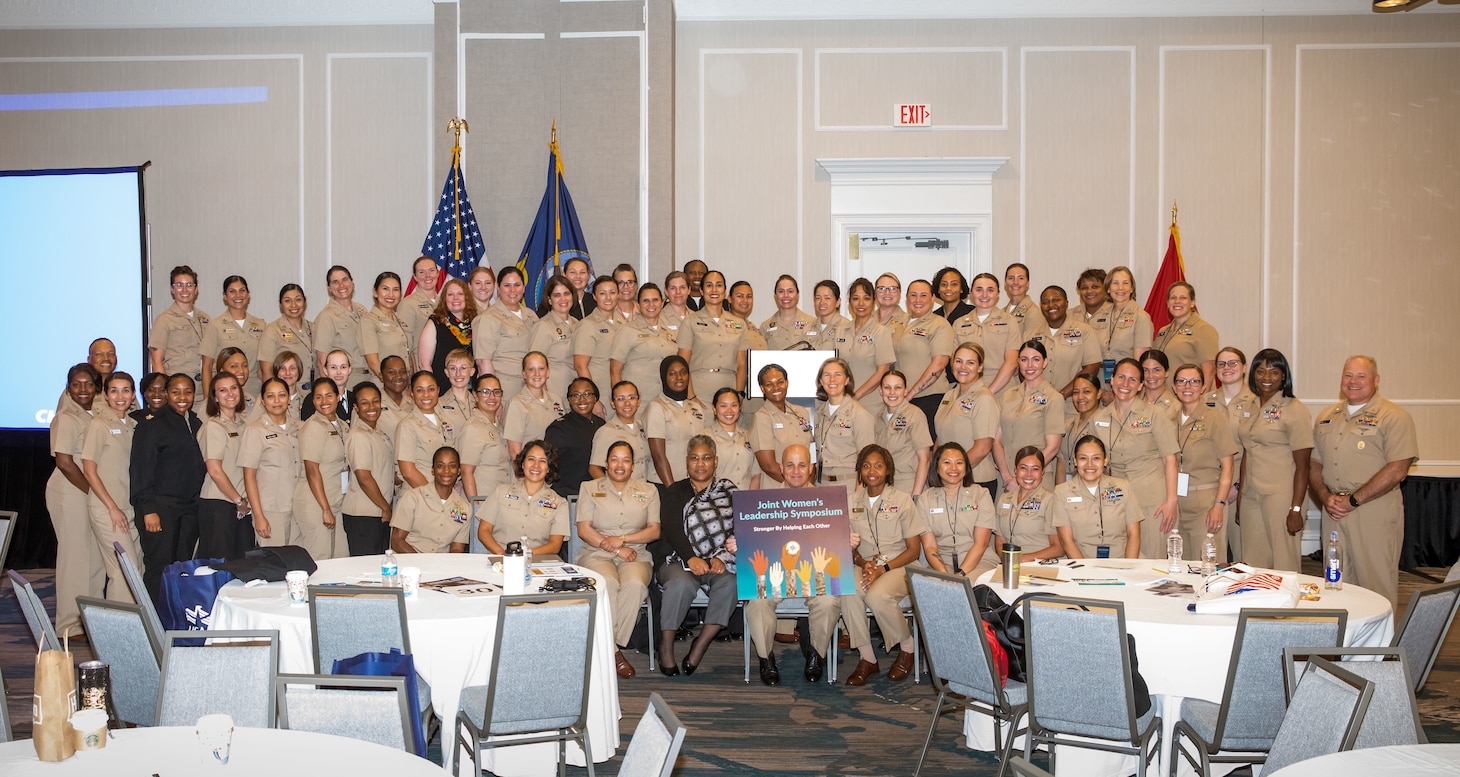Have you ever found yourself chuckling at the thought that being naked while wearing shoes somehow feels more naked than being completely bare? It’s a peculiar notion that tickles the funny bone and yet, upon closer inspection, reveals a fascinating aspect of human psychology. This article isn’t just about the titillating topic of nudity; it’s a deep dive into the quirks of our minds and how the presence of something as simple as socks or shoes can amplify our sense of vulnerability.

Feeling more exposed when partially dressed is fascinating.
Take Vivek Hamirwasia, who mused over this irony in an article published in mrobvious. Hamirwasia pondered, ‘How can having a little of something make you feel more devoid of it, than not having it at all?’ It’s a question that might have you scratching your head—or your bare ankle if you’re wearing socks.
The answer, as Hamirwasia concluded, lies in the way our brains are wired to compare and contrast. When we’re completely naked, there’s nothing to compare to; we’re as bare as can be. But throw on a pair of socks or shoes, and suddenly there’s a standard—a line drawn in the sandal, if you will. The contrast between what is covered and what is not becomes stark, and our awareness of our nakedness is heightened.
This psychological quirk isn’t limited to our physical state of dress or undress.
It extends into various aspects of life, as Hamirwasia pointed out. Coming second in a competition can feel more disappointing than not placing at all because of the proximity to victory. Similarly, small inconveniences in a comfortable life can make us more grateful for the good times. It’s all about the contrast.
But why is it that socks or shoes have this peculiar effect? Why not a T-shirt or a pair of shorts? The answer may lie in the cultural and social significance we place on different articles of clothing. Socks and shoes are often the last items put on and the first taken off; they’re the bookends of our attire. They’re also associated with readiness—being prepared to step out into the world. Without them, we’re undeniably at rest, at ease, and perhaps, more exposed.

The discussion around the feeling of nakedness isn’t just a matter of semantics. It’s a topic that has sparked debate and curiosity across various forums. For instance, on a thread dated July 27, 2020, members of a language discussion forum debated the meaning of ‘naked feet.’ Some suggested it meant wearing shoes without socks, while others argued that ‘barefoot’ was the correct term for having nothing on one’s feet. The conversation highlighted the nuances of language and how it reflects our understanding of being clothed or unclothed.
The thread also touched on the struggle to find synonyms for ‘barefoot.’
Terms like ‘unshod’ and ‘shoeless’ were proposed, but none seemed to capture the essence quite like ‘barefoot.’ This linguistic challenge mirrors the complexity of our feelings when we’re in a state of undress. It’s not just about the absence of clothing; it’s about the context, the environment, and the societal norms that inform our comfort levels.
One forum member, Hermione Golightly, expressed confusion over the trend of not wearing socks with shoes, noting that it seemed to be a matter of personal preference. This observation underscores the individuality of our comfort with nudity. What feels liberating to one person might feel awkward to another. It’s a reminder that our relationship with our bodies and how we choose to cover or uncover them is deeply personal.
The conversation about feeling more naked with shoes on also opens up a broader discussion about vulnerability. In a candid personal narrative, one individual described the experience of undressing in their room, a space typically associated with privacy and comfort. They recounted the strangeness of removing their underwear outside of the bathroom—a place conventionally designated for such acts. The act of undressing, typically routine, became an exercise in confronting vulnerability and the boundaries of personal comfort zones.
This narrative illustrates the power of clothing (or the lack thereof) to influence our perception of ourselves and our surroundings. The writer described the challenge of reading a book while naked, distracted by the sensation of their bare skin and the absence of the ‘extensions’ that clothing provides. They reflected on how clothing can serve as a safety blanket, shaping our identities and how we present ourselves to the world.
The writer’s experience culminates in the realization that without clothing, we are all on a level playing field, stripped of the visual cues that often inform our interactions. In a world where we’re constantly bombarded with messages about how to look and what to wear, there’s something refreshingly honest about the idea of being ‘sans clothing.’ It forces us to engage with one another on a more fundamental level, beyond the superficiality of appearances.
As we navigate the complexities of being clothed or unclothed, it’s clear that the topic is more than skin deep. It’s a conversation about identity, society, and the human condition. So the next time you find yourself feeling oddly exposed in just your sneakers, remember that you’re not alone. It’s a shared human experience, one that connects us in our most vulnerable moments.
Wearing shoes reveals much about ourselves and society.
It’s a reminder that sometimes, less can indeed feel like more, and that our sense of nakedness is not just about what we’re wearing, but how we’re wearing it—or not wearing it, as the case may be. Whether you’re someone who embraces the freedom of being barefoot or you prefer the snug security of a socked toe, there’s no right or wrong way to feel about your state of dress. What matters is that we recognize and respect the individuality of our comfort levels and the complex interplay between our bodies, our clothes, and our minds.
The bare facts about being less dressed are complex and multifaceted. They touch on issues of social norms, psychological comfort, and personal identity. Whether it’s the odd sensation of feeling more naked with shoes on or the broader implications of nudity in society, the topic challenges us to think about how we present ourselves to the world and what lies beneath the surface.The next time you slip on a pair of shoes while otherwise undressed, take a moment to reflect on the profound implications of that simple act. It’s a small step into a larger conversation about vulnerability, identity, and the human condition.
Related posts:
Barefoot = naked feet?
Why does being naked and barefoot look much better than naked and shoes, or lower nudity and a shirt with shoes? Is nude with shoes not weird? – Quora





